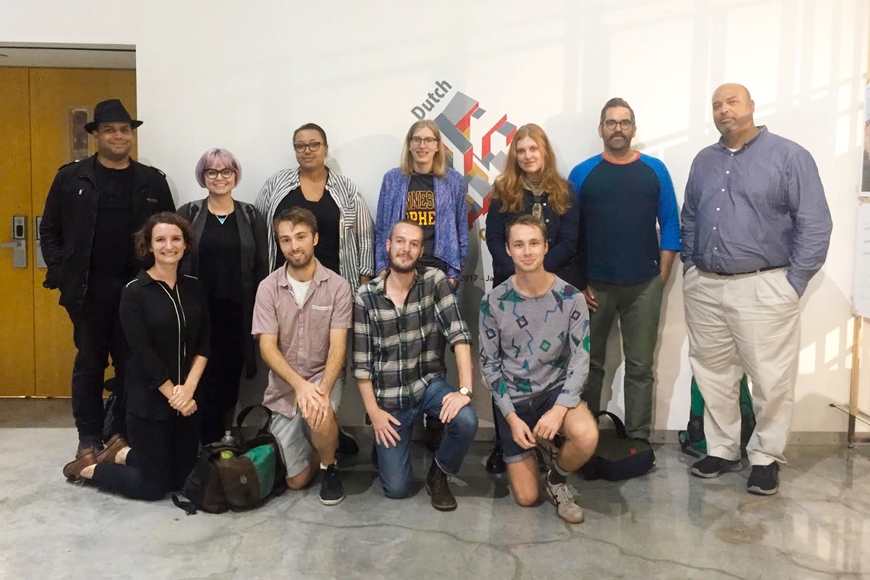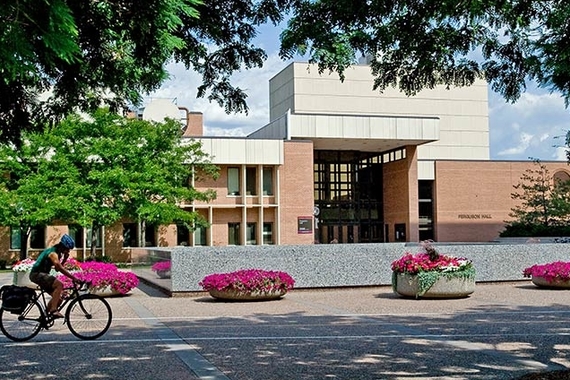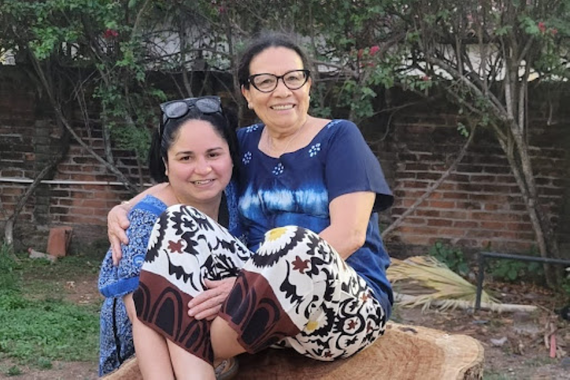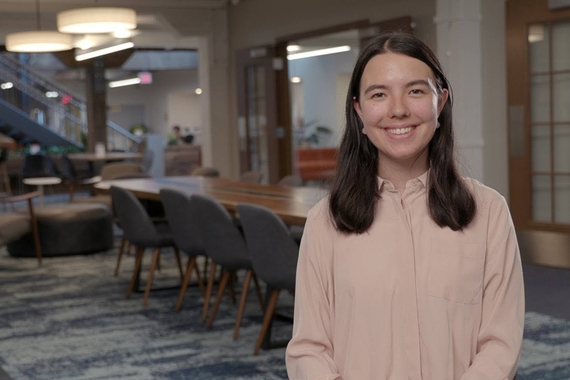A New Masters Program in Public History & Heritage Studies
The Department of History, the College of Design, and the Minnesota Historical Society have teamed up to create an interdisciplinary, professionally oriented masters program in heritage studies and public history. The intensive two-year master’s program, now in its first academic year, aims to give students a firm foundation in the fields of public history and heritage studies. Each student completes 12 courses and a summer fellowship with an organization related to public history.
“We wanted to find a way for graduate students to not only work in public history, like museums and archaeological sites, but to also learn techniques of preservation and societal storytelling,” says history Professor Kevin Murphy, a co-founder and facilitator of the newly formed program.
The program is highly collaborative and interdisciplinary. Faculty members from both the College of Liberal Arts and the College of Design teach the courses, including seven professors from the Department of History. The program also partners with the Minnesota Historical Society to provide a funnel of fellowship and internship opportunities. Students engage in and learn from direct experience in heritage institutions, which the University and the Twin Cities in general have in unparalleled quantity and diversity.
Creating Public Projects
Another highlight of the program is the flexibility for students to explore histories of groups that are often underrepresented throughout traditional history. Students work together in a complex analysis of the past by identifying and creating public engagement projects that cover a diverse array of history.
“Some students are working on a digital project attempting to map out prejudice tracing housing restrictions based on race,” says Murphy. Other students are working with the preservation alliance, a nonprofit organization that aims to preserve important historical landmarks, and the Minnesota Historical Society archaeological team at Fort Snelling, where they are conducting digs to learn more about various aspects of the site’s history, including the history of the Dakota people.
One student, Denise Pike, saw the initiative as a perfect outlet for combining her knowledge of urban history and public history to better illuminate inequalities and disparities that existed within the Twin Cities. “What I enjoy about the program is the way it balances classroom work with real work experience,” comments Pike. Through the program, Pike held an internship with the Mapping Prejudice project, where she had the chance to apply her interests in urban history, mapping, and data. She explains that the project “is in the process of mapping racial covenants in Minneapolis, revealing another layer to the history of housing discrimination and the ramifications it still has today.”
What separates this master’s program from alternative graduate initiatives is that the students are not training and studying to fit in with the long-time status quo in the field. “We want to break the the mold and bring diversity as well as meaningful collaborative work to the forefront of the work we do,” says Pike.
The success of the program has also been shown by the $350,0000 grant it recently received from the Andrew W. Mellon Foundation. The grant will further expand and assist the initiative by supporting students in research and public engagement and by giving select students stipend scholarships for their tuition.
This story was written by an undergraduate student account executive in CLAgency. Meet the team.



